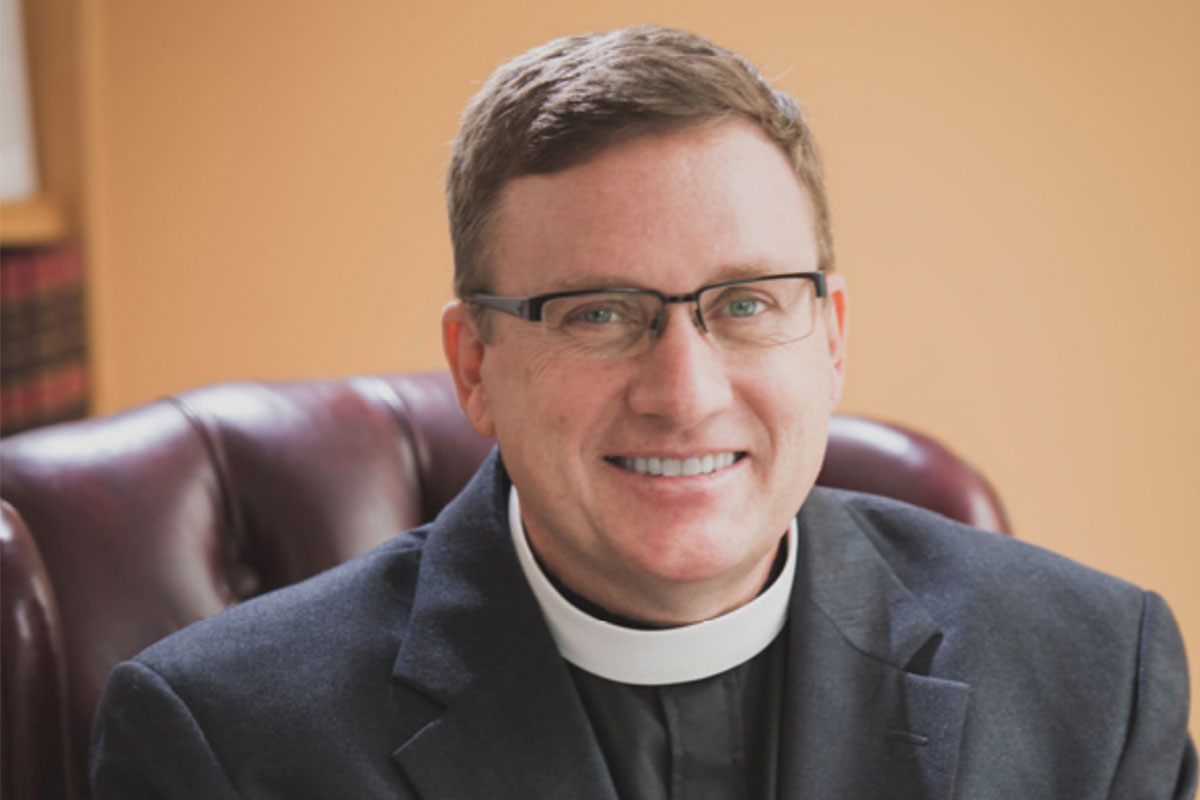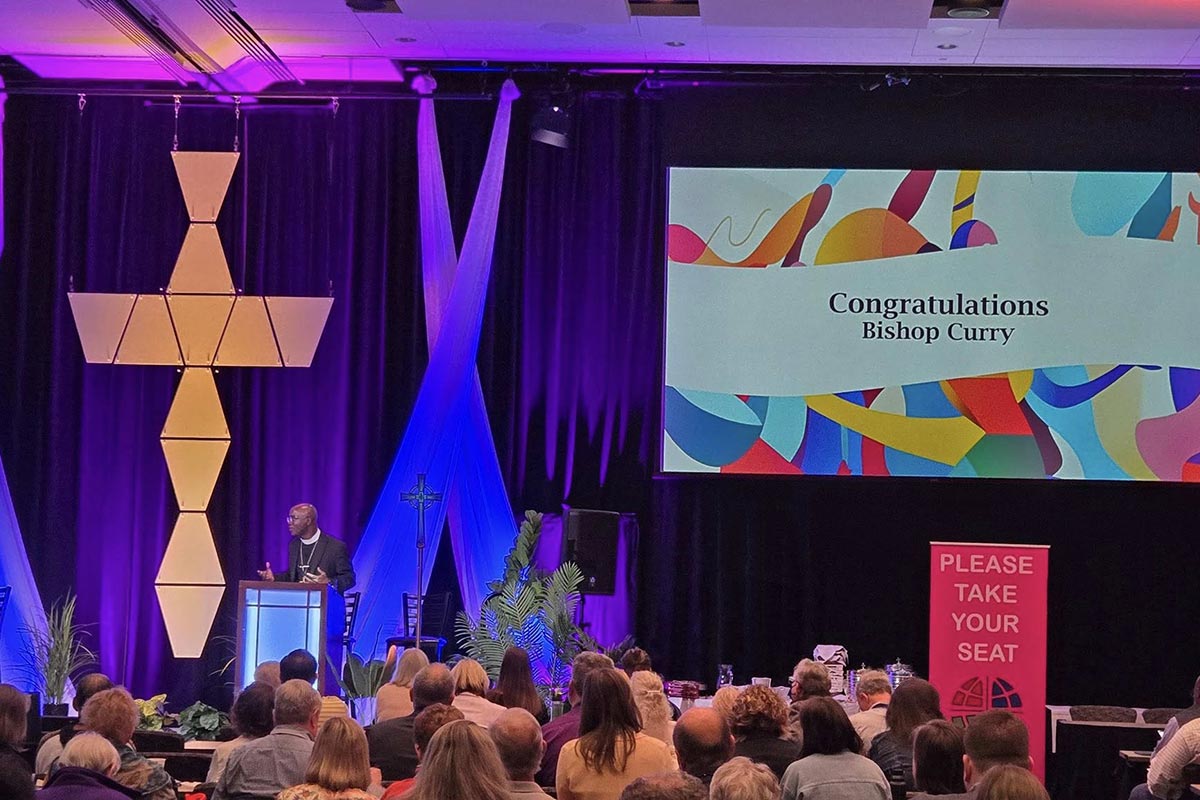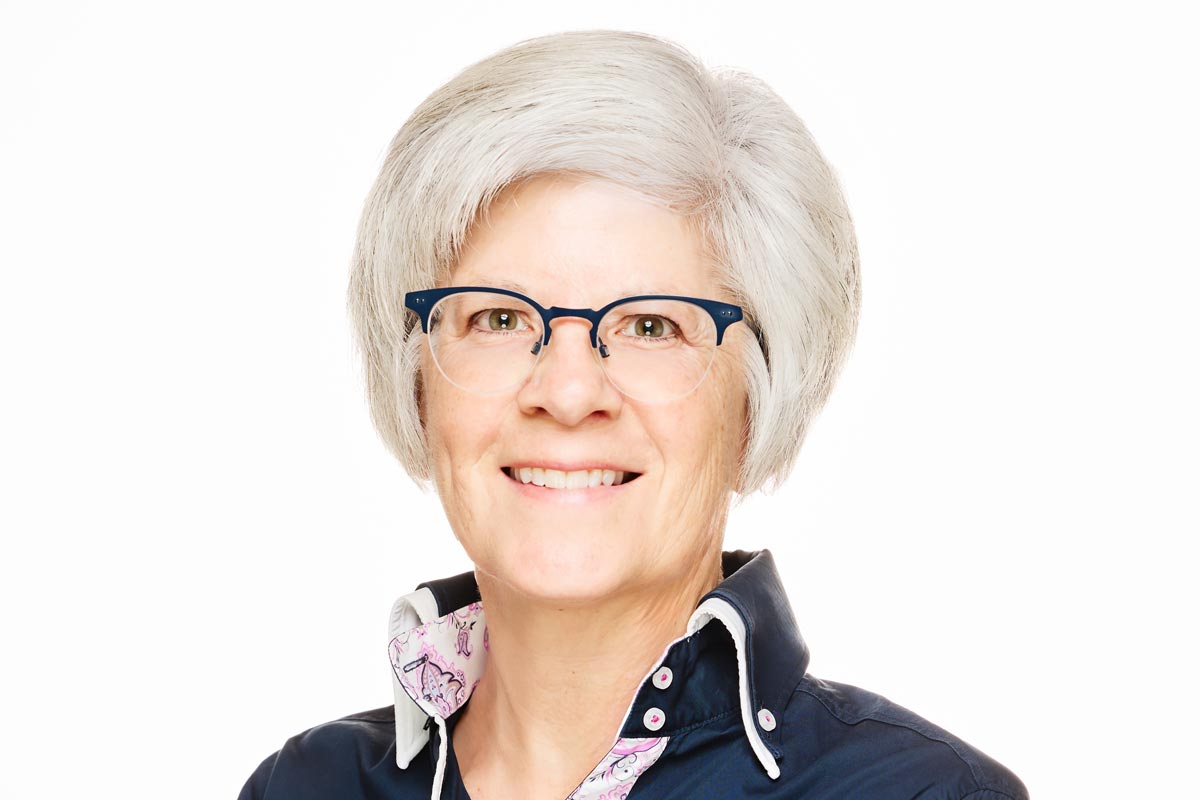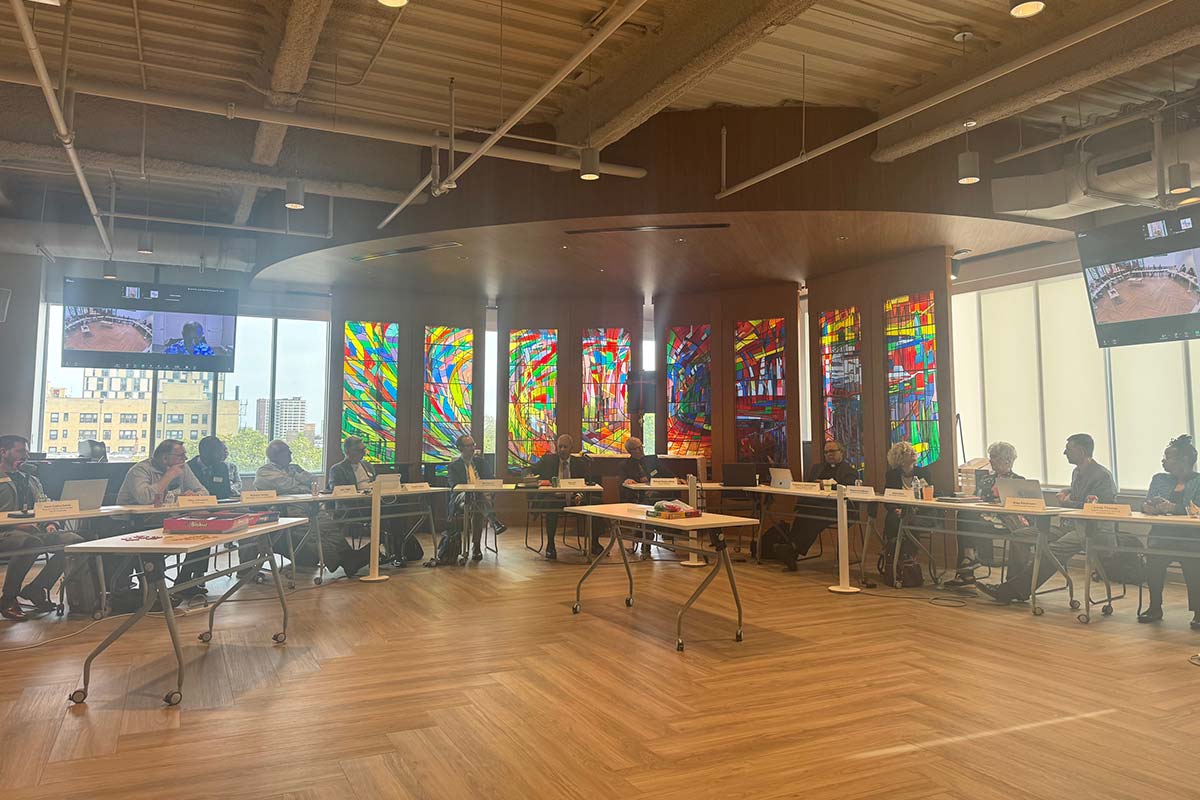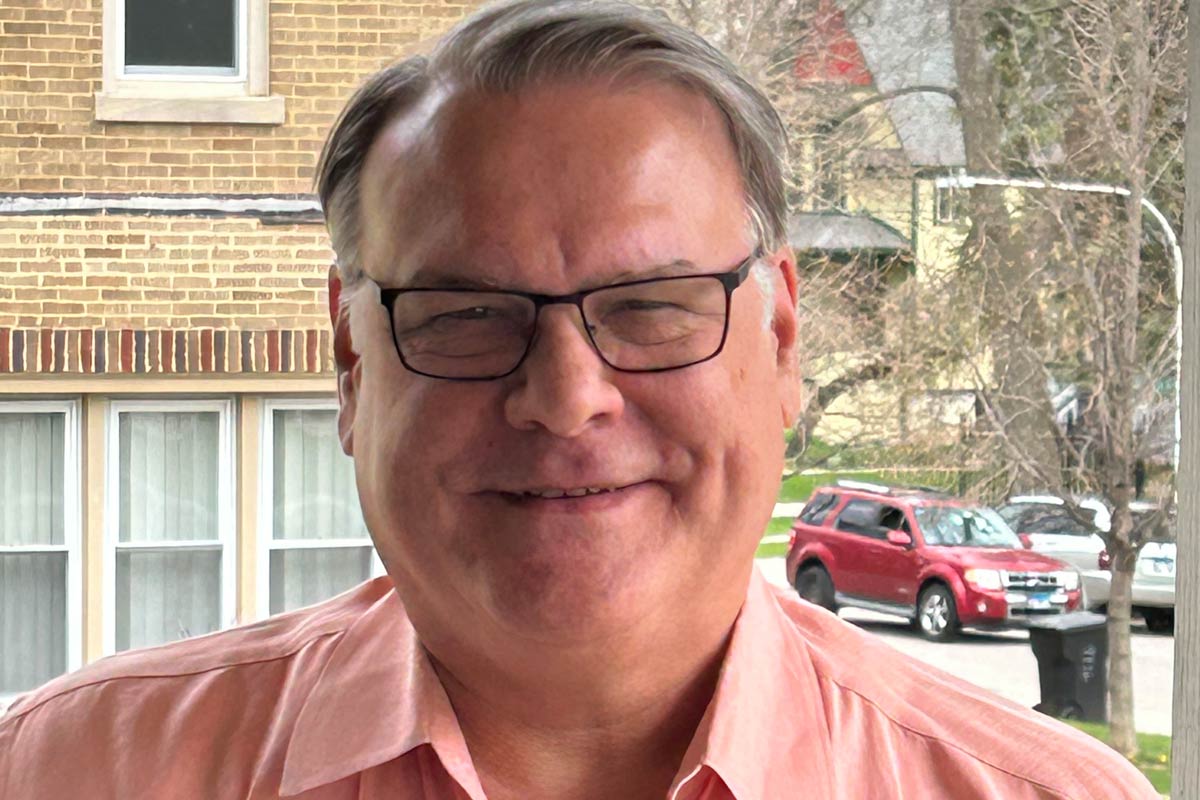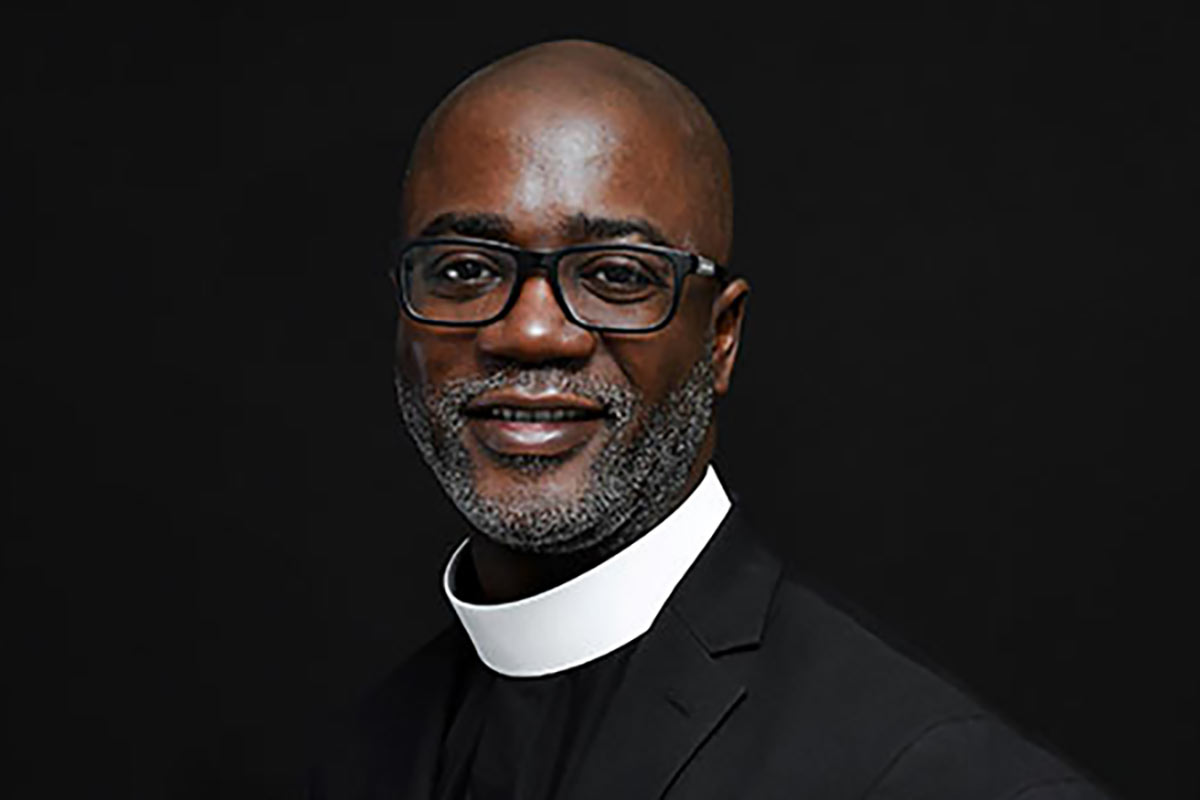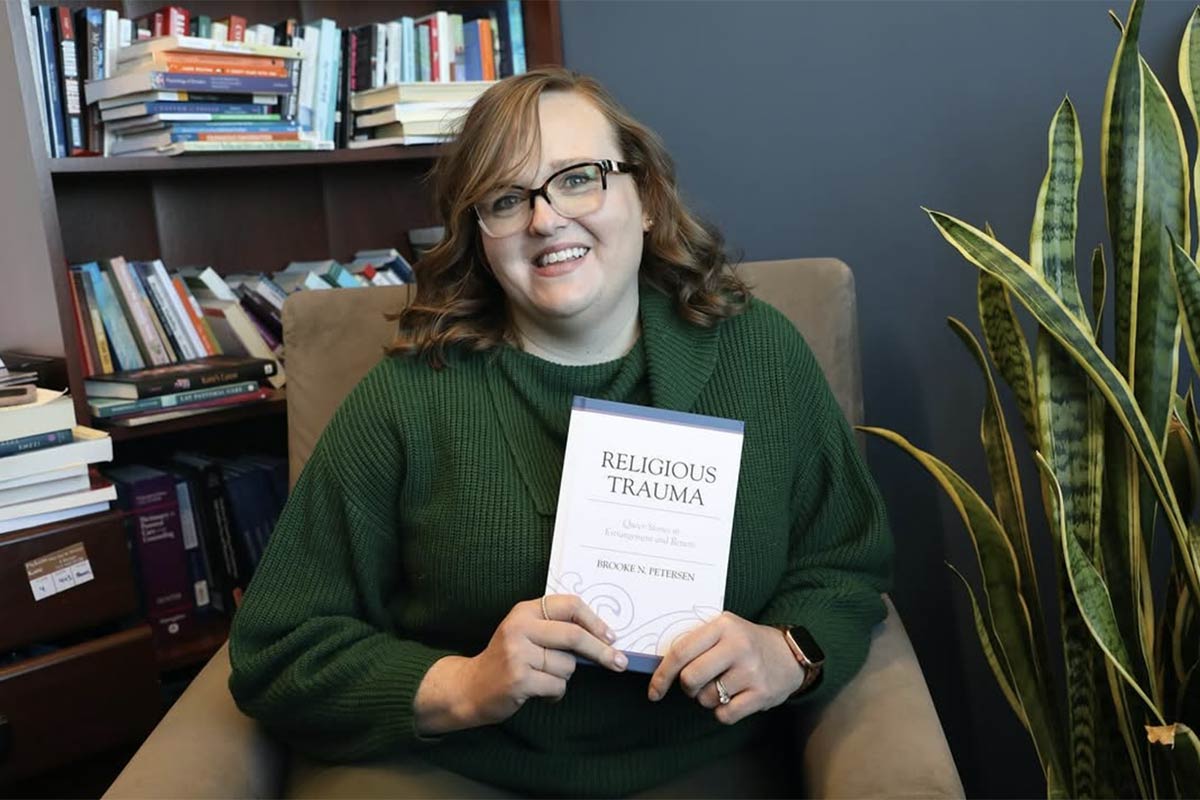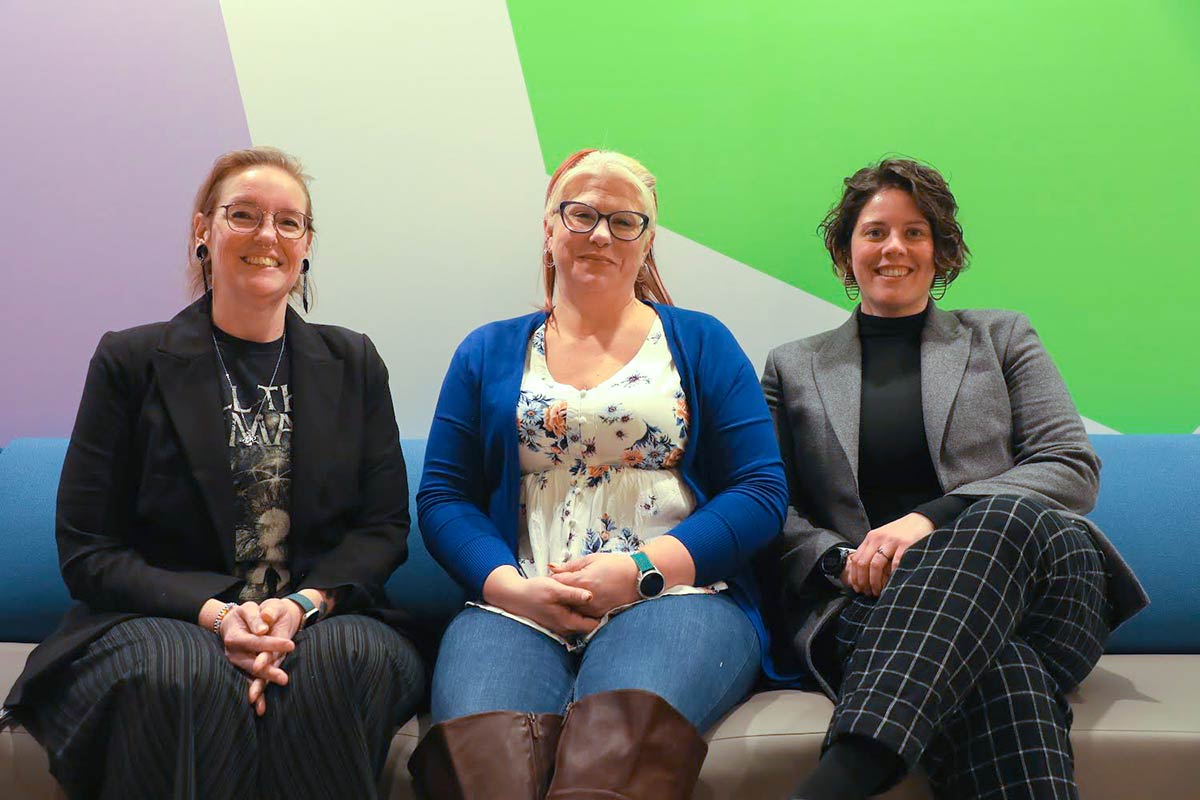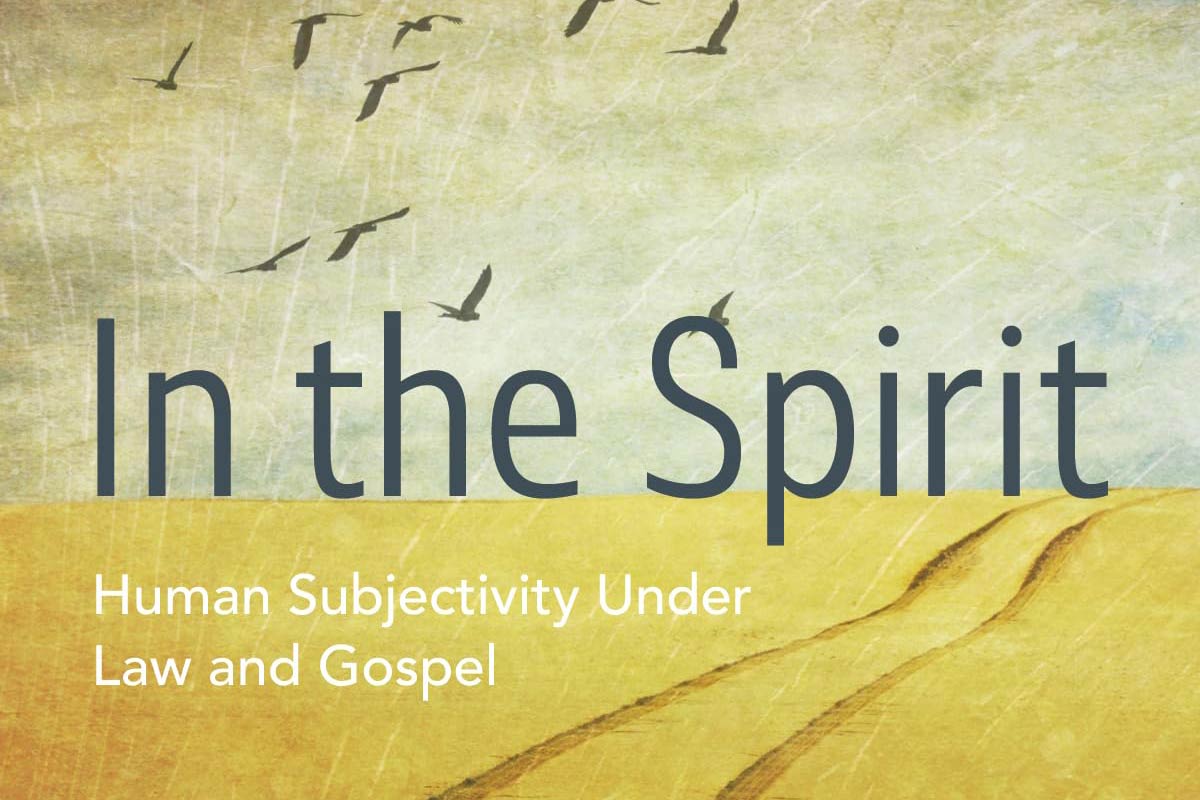LSTC Stories
-
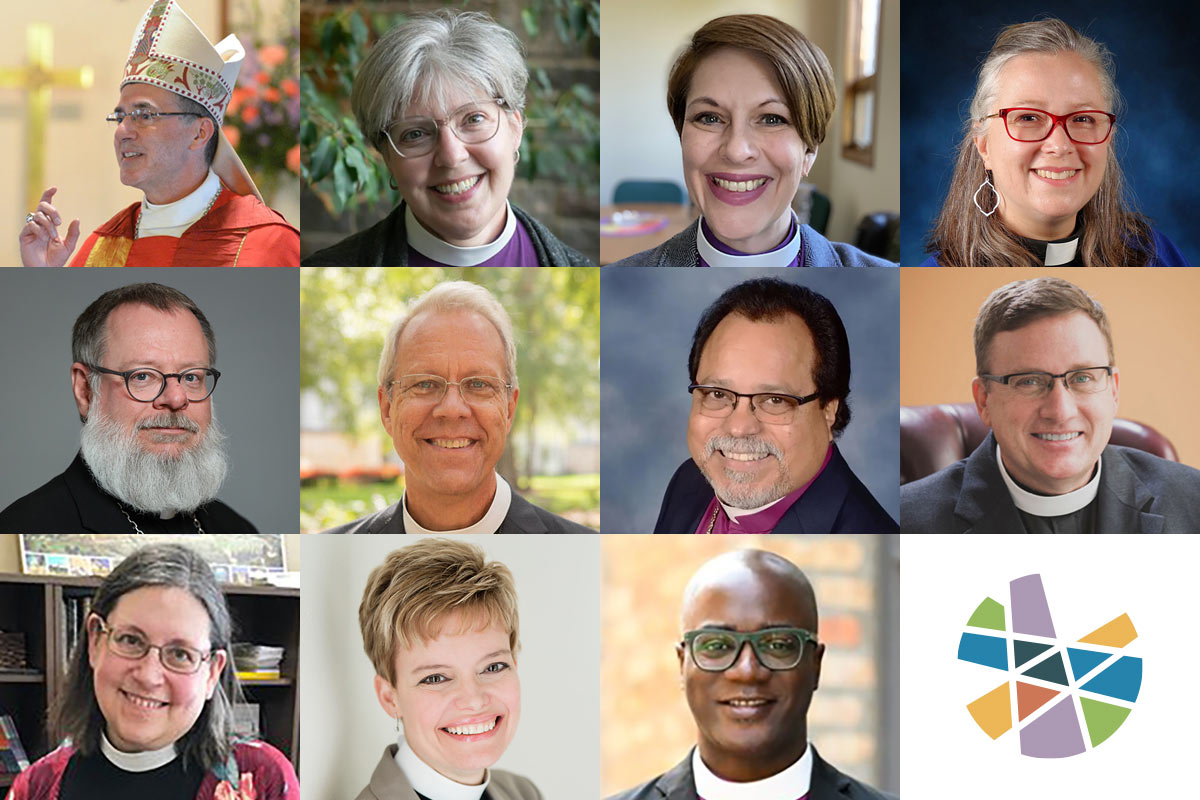
Eleven LSTC Alumni Lead as Bishops: Guiding the ELCA into the Future
-

LSTC Alumnus Philip Hirsch Elected Bishop of ELCA Metropolitan Washington, D.C., Synod
-

LSTC Celebrates Re-Election of Alum Bishop Yehiel Curry as Bishop of the Metropolitan Chicago Synod
-

Rev. Dr. Shauna Hannan Named New President of LSTC
-

May 2025 Board Highlights: Strategic Progress, Stewardship & Transition at LSTC
-

LSTC Joins Ecumenical Partners in Celebrating the Election of Pope Leo XIV
-

Building Communities of Learning and Faith: Welcoming Tony Johnston to the LSTC Board
-

2025 Commencement and Baccalaureate Ceremonies
-

Rev. Dr. Brooke Petersen Heals Religious Trauma Through Ministry
-

Advancing the campaign to reimagine, reinvent, reaffirm, and renew LSTC
-

Assistant Professor of Lutheran Systematic Theology and Global Lutheranism Dr. Candace Kohli Publishes New Book on Human Subjectivity in Lutheran Theology
-

Creating New Pathways for Innovation in Theological Education
show tags
Academics Activism Advancement Alumni Antiracism Board Campus Commencement Community Commuter CPE Discernment Distance Learner Distinguished Alumni Award Distinguished Service Award Ecumenical Relations Environment Epistle Events Faculty Field Education Fund for Leaders Giving Global Church Heritage Homecoming In Memoriam Interfaith International Students Internship Leadership Lutheranism Pastoral Care Publications Public Church Racism Scholarships Spotlight Staff Stewardship Students Student Spotlight ThM/PhD Womanist Theology Worship
